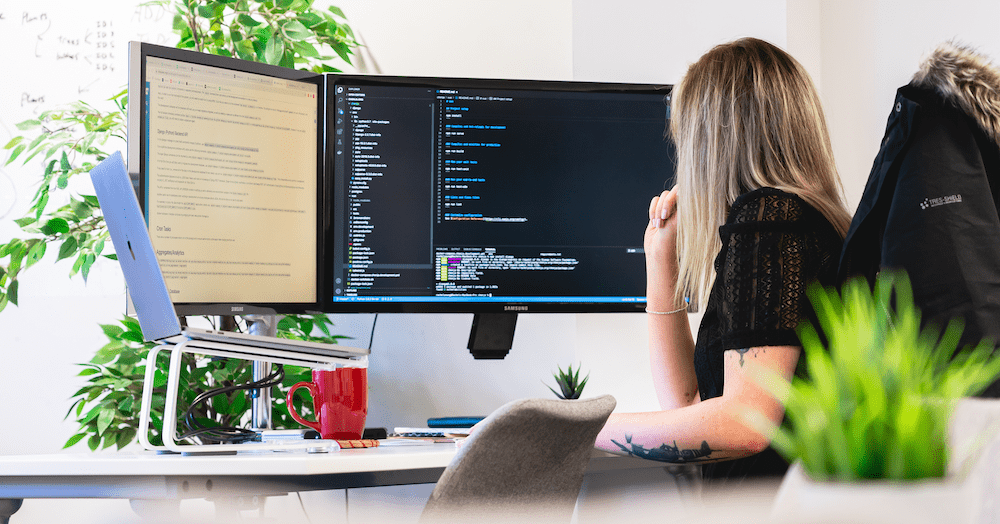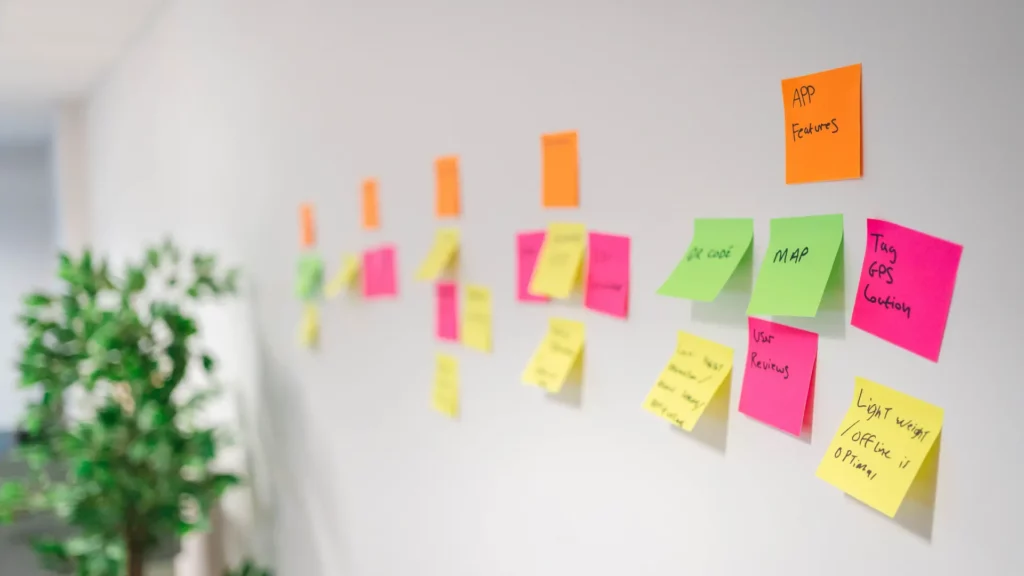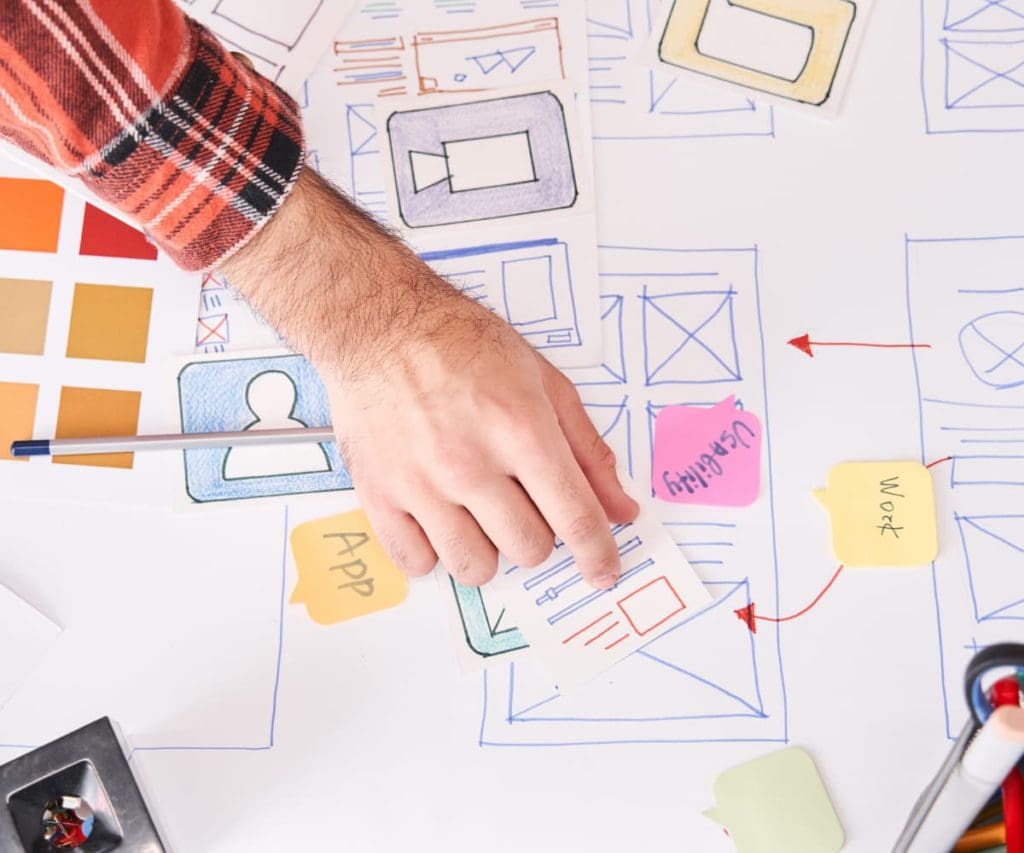
Remote Social is keeping company culture alive in a remote world | startup interview
Interview with early-stage startup Remote Social. We explore the importance of user testing and creating an MVP.
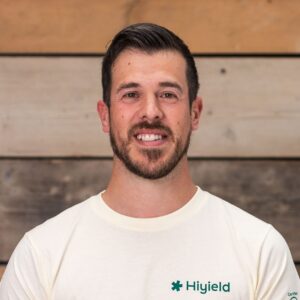
Stay in the loop with our latest updates
In this early-stage startup interview, Remote Social shows the importance of an MVP, and getting user feedback! We also dive into their experience with the Antler incubator programme.
Interview with Remote Social
Today we are joined with startup Remote Social. A startup that was launched from the Antler incubator programme. They are on a mission to tackle a huge pain point that many businesses face today, as we all shift towards a hybrid or remote way of working.
Well, you might have guessed it with the name, but they are all about company culture.
How will companies maintain a strong culture where employees thrive in this new world?
Well, that question is still to be answered and Remote Social is here to take it on!
Today, we interviewed Co-Founder Gerardo Contreras, looking at what they are up to, their experience in the Antler programme and the lessons they have learnt along the way.
Pour yourself a drink and let’s get started!
Watch or read the interview below:
First up, what’s your name and what is your role at Remote Social?
My name is Gerardo Contreras and I’m the Co-Founder and CMO here at remote social, so I look after everything that is brand strategy, customer acquisition and retention related.
What is Remote Social, your vision?
Remote Social allows teams and individuals to come together and socialise.
Our vision is to build a platform that allows teams to come together to build and sustain company culture long term. So we know that out of Covid we now have businesses thinking about a more flexible way of work. This is a pre-existing trend and is not something that Covid started. Covid accelerated this trend. Before Covid, we had already seen business think about how to structure flexible workaround organisations.
Really what we come in and do is support the team in coming together providing them with a different way to interact, not only games there are different activities that are synchronous and asynchronous. We also have a marketplace of hosted experiences that the team can jump on and learn something new from an expert – a fitness scenario, cooking or have a trivia session, something like that. So everything we do is to bring the team together and allow for interactions to happen. Those interactions that people normally would have in a co-located environment – on a hallway or in the kitchen, those organic interactions are now very limited now that everyone is working from home even if you have half of your team working in the office and the other half working from home.
What we do in a very simple way is create more of these interactions and make them feel very natural in your workweek. Everything with the idea to get people to be able to meet each other and learn more about your colleagues, even if that colleague is sitting on the other side of the screen or next to you in the office. That is what builds culture, that opportunity for people to interact and the way they interact to face challenges together, that is where culture starts to show up. So we allow for those interactions to happen and we facilitate that.
Our vision for the future is to support organisations in building and sustaining that company culture that we know is supercritical for businesses. Not only to retain existing employees but also to hire top talent to bring into their organisations.
We are fascinated about how ideas form for startups, whether that an idea to address a problem or it’s one day you’re sitting on your sofa and it comes to you? How did remote social come about?
The idea was actually brought into an accelerator programme by one of our co-founder, Mike Fitzbaxter, he worked in a very famous Australian startup now unicorn and global business called Atlassian, he worked there for many years and actually saw first hand how good culture looks inside and organisation. Atlassian is very well known for having a very strong culture where people come together and allow people to interact and play.
He learned a lot from that and then he moved to a remote-first organisation back in 2018 or 2019 I believe, and really saw the difference between the two worlds so at Atlassian a full located and strong culture and this organisation facing challenges because of having a remote model. Building culture was really difficult, so he started thinking about ways for organisations that are in more of a flexible way of work, how to facilitate and build those connections. Back then it was just an idea and it was on his mind. And then we joined the Antler programme here in Sydney in June 2020 and coincidentally we were in the middle of lockdown, everyone was working remotely as I said at the beginning, this accelerated the trend that is already out there and showed us how this is something that is so important for organisations to think of.
Out of that programme, we did a lot of brainstorming around how to get this out to market. The immediate reaction from many businesses was to build games, we did that we had some good feedback out of that, but we are not thinking about what is next and the big vision for us which is moving from just getting people together via games and into how to facilitate those interactions in a more organic way and then being able to surface some analytics to a business to that they can get an insight in how teams are collaborating or the areas of improvement. So having all of that information is super important for us and that is what we are building towards.
We love anything UX and I love what your Co-founder and CEO Jessica Baird Walsh said: “We’re very focused on providing an incredible user experience” – why is this so important to Remote Social?
We are very lucky that Mike has a product background and I am actually an industrial design, I’m a marketer now but my background is in industrial design, and Jess has run businesses before and is also very customer-centric. So, I think that having that design background has a really strong element of thinking about the customer first. And the way we see remote social, even though we are a B2B platform and are building more towards becoming more of a B2B platform, we know that the end-user is each individual that is sitting in as part of a team, sitting either in their bedroom, at home, a cafe or in a library. So building for them for that end-user is super important because we really are striving to become a platform that the end-user loves and we cannot do that without having that centricity. If we cannot achieve that, and having every single individual falling in love with the product, we have a very little chance of actually growing and becoming something that people want to adopt.
Could you tell me a few key steps/strategies about how you’re making Remote Social user-centric?
I think the first things that we are doing really well at this early stage, now that we have users in the platform, is building a strong community of power users, and the power users. We have one to one conversations with them on a weekly or biweekly basis. We have a private Facebook group just from them to share their ideas so they can show us how they are using the platform and so that they can giving feedback – what they like, what they don’t like.
All these interactions that help us build a strong community are super important for us so that we can inform the roadmap of our product and the company overall. We are actually right now not too concerned about the rapid growth of users. We are actually focused on building that strong community that is going to help us guide the direction of the product. The other thing is that I know businesses are ultimately the ones that are paying for the subscription, but really building for the end-user, the person that is getting an invitation to join a team and then play some games or part of an activity, that end-user and focusing on them is critical.
At hiyield, we like to show that ideas don’t have to be fully complete. They will develop as you go, especially after getting feedback from users after building an MVP. Did your initial idea of Remote Social change and evolve based on user feedback and do you have any examples?
Absolutely and it will continue to change and we are still very early days in our journey and I think we as much other organisation trying to solve the problem with building games and offering them to users. And that is okay because people love games and jumping on zoom call having a beer, and maybe doing a trivia game on a weekly basis. That is good but is not enough. We absolutely know that it is not enough, and out of conversions and understanding how people are using the platform we have been able to build a stronger roadmap and plan to build things that cater for smaller interactions for an ongoing basis. Those are some of the things that we are working towards.
Our MVP, which is now in closed beta, was very game-centric and we are now moving towards delivering what we think we see as culture-as-a-service should look like in our all in one platform, and that includes a wide range of asynchronous and synchronous activities. A marketplace with experiences where people can interact with vendors and get their teams together on a maybe monthly basis and learn something new, and then that layer of analytics giving us the ability to report back to businesses, providing them with insights on what they can do to improve company culture, and a benchmark so they can have a better feel about how teams are connected. We are definitely evolving as we learn from our user, and as I said before, building a strong community full of insights is super powerful.
How was your experience with the Antler startup programme?
It was awesome so Antler is a fantastic place for anyone that has an idea or has the passion of becoming a founder. You don’t have to have an idea, you can just join a founder that has an idea and join them on their journey. Antler has programmes in the US, Europe, Southeast Asia and Australia. They run every six months and there are new cohorts joining the programme every six months.
Something that is really good about Antler is that they identify top talent, people that are hungry to build something new in the tech world. They have you join the programme with the aim to join a co-founder.
Anyone that is a founder that is probably listening to this interview – finding a founder one of the hardest thing to do in the beginning, to find that person to start a business with and that has complementary skills to yours. For example, I am in marketing and I am very business-centric, and then in my case, I have Jess who is very people, business development centric, and then Mike who has a product and engineer background.
Being able to meet Mike and Jess was probably the biggest benefit that Antler has, they bring people together so that you can then start working in areas of interest. You walk in and meet a lot of people. You network a lot, you have masterclasses from top talent around the world, how to write business plans, how to pitch, how to think about financials, how to think about technical hirings. So it’s a very well structured programme that runs for three months and at the end of the programme you pitch back to Antler the idea that your running with, and if your successful like we were, they give you some cash for some equity.
In our case, we used that money to build the product that we have today in closed beta. Being part of that programme was awesome not only because we now have a business that is growing. It gives you this amazing support network of other founders, advisors and mentors. Our only advisor at the moment was the head of engineering at Atlassian. He has been amazing at providing us with bi-weekly catchups. We talk about everything from technology to business strategy to how we are building a team. So having access to that sort of expertise is just amazing and that is all thanks to Antler.
If you went to Remote Social, what would be your favourite activity to do with your team?
Probably the one game that I really enjoy is ‘Who Am I’. It is similar to celebrity heads, where everyone in the group gets a celebrity, and you don’t know what celebrity you are and you have to ask questions to the rest of the team and try to find out who you are. That is probably my favourite. Trivia is also really fun, it’s one that is really generic but we have done a really good job, and kudos to Mike as he built the platform with one of our engineers. We have 10 categories and almost 700 questions across all categories and you don’t need a host, everyone gets a timer and at the end, you have a leader board. It is actually quite fun and that is the one people play the most.
What would be your biggest lesson starting up?
Many lessons, but maybe I can try to summarise it in one. It is really a roller coaster and you have to be comfortable with that idea. You walk into the journey of building a start-up and you can be a fool and think that it’s going to be all ups and you’re going to raise capital and everyone is going to love your product and everyone is going to be on board with what you are selling. But the reality is very different, you really have to hustle, you’re going to get a lot of no’s from customers, a lot of no’s from investors, it’s just how it is. You are going to have good days, great days, you’re going to have bad days where things seem not to be working. If you look back and see that you making slow progress, that is fine. Things don’t happen overnight. Maybe just be comfortable with that idea – that would be my biggest piece of advice. You are going to have some day’s that are like oh my good so hard, and what are we doing wrong that is not resonating. And then the next day something also happens and actually we were right, just that no was because of something else. You have to be kind to yourself. That you don’t have all the answers right away. You have to be comfortable with that.
Having a strong team, not only the founding team, but people that are part of our journey is super important. So we were three founders and are now a team of seven. Being very careful who you are bringing into the journey with you is critical as the people around you are going to support you on your bad days, and are going to celebrate with you on the good days. We have a small team still but an amazing team!
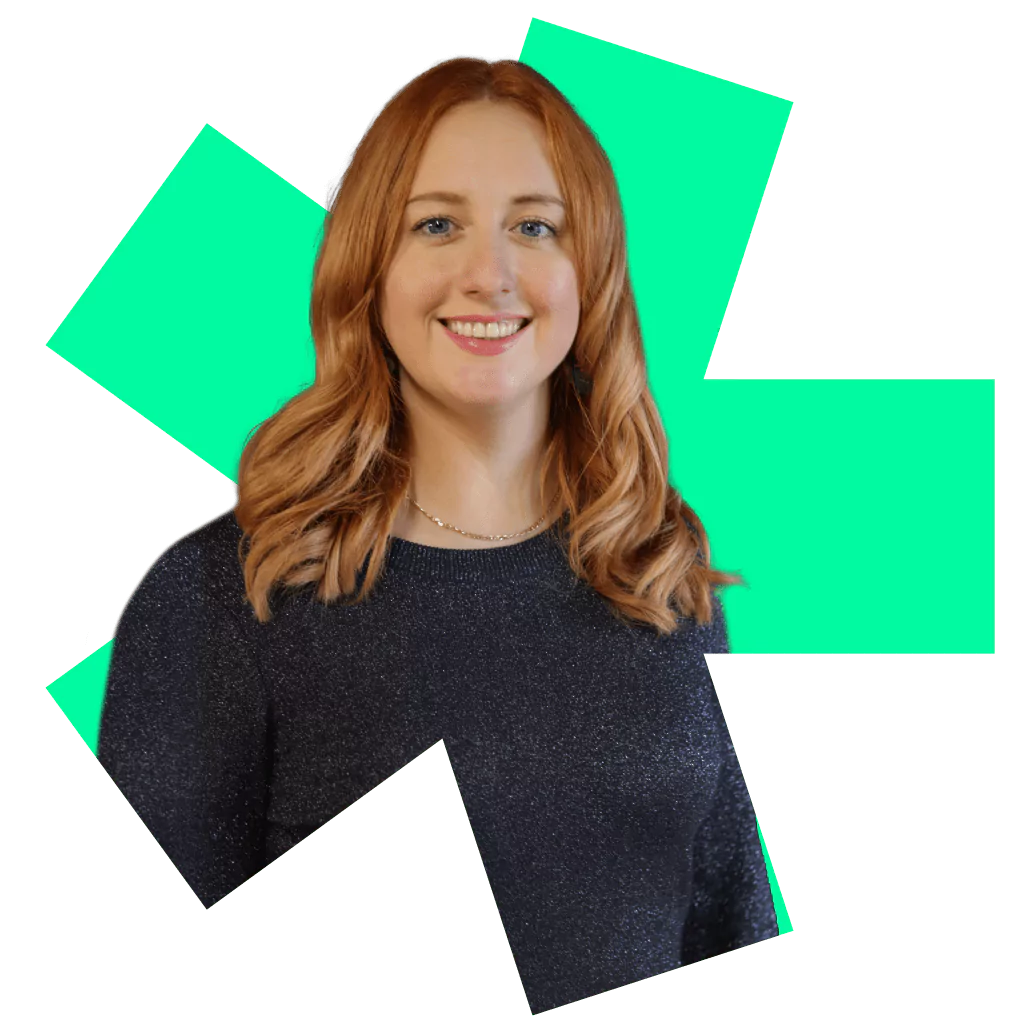
Let’s get started!
Great digital products aren’t just built, they’re co-created. Together, let’s breathe life into your idea, crafting solutions that stand out.
Contact